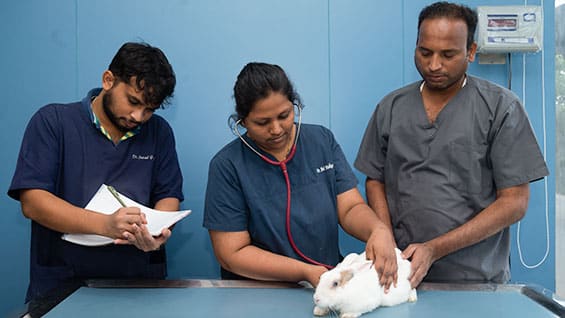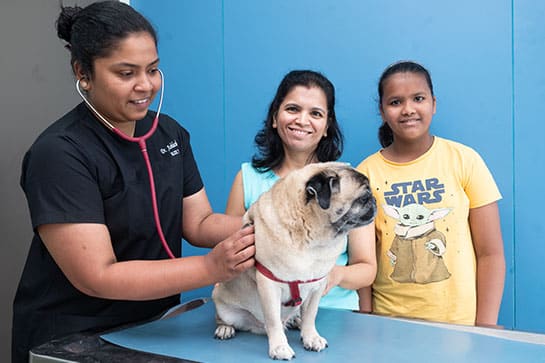Dispelling Common Pet Care Misconceptions
Introduction
Pet care is a journey filled with love, responsibility, and a multitude of information. However, amid the wealth of advice available, some misconceptions persist, potentially affecting the well-being of our beloved furry friends. Let’s unravel the truth behind some common pet care misconceptions to ensure our companions receive the best care possible.
1. "Pets Can't Get Sick":
Misconception: Some pet owners believe that their furry companions are immune to illnesses or that they can heal themselves without veterinary intervention.
Truth: Just like humans, pets are susceptible to a range of health issues. Regular veterinary check-ups, vaccinations, and preventive care are essential to keep them healthy and catch potential problems early.
2. "Cats Always Land on Their Feet":
Misconception: The myth that cats always land on their feet suggests they are immune to injuries from falls.
Truth: While cats have a remarkable ability to right themselves during a fall, it doesn’t guarantee they won’t get hurt. Cats can still sustain injuries, and it’s crucial to take precautions to prevent falls from heights.


3. "A Wagging Tail Means a Happy Dog":
Misconception: Many people assume that a wagging tail in dogs is always a sign of happiness.
Truth: While a wagging tail can indicate joy, it’s essential to consider the context. A dog may wag its tail when anxious, fearful, or even aggressive. Understanding other body language cues is crucial to interpreting a dog’s emotions accurately.
4. "Cats Can't Be Trained":
Misconception: Some believe that cats are not trainable and are independent to the point of being unresponsive to commands.
Truth: Cats are indeed trainable, but they respond to positive reinforcement and patience. With consistent training and rewards, you can teach your feline friends tricks and behaviors that enhance their relationship with you.
5. "Dogs Can Eat Anything":
Misconception: It’s a common belief that dogs can consume any food without consequences.
Truth: Certain foods, like chocolate, onions, and grapes, can be toxic to dogs. A balanced and species-appropriate diet is essential for their overall health. Consult with a vet to determine the best diet for your dog’s breed and size.

